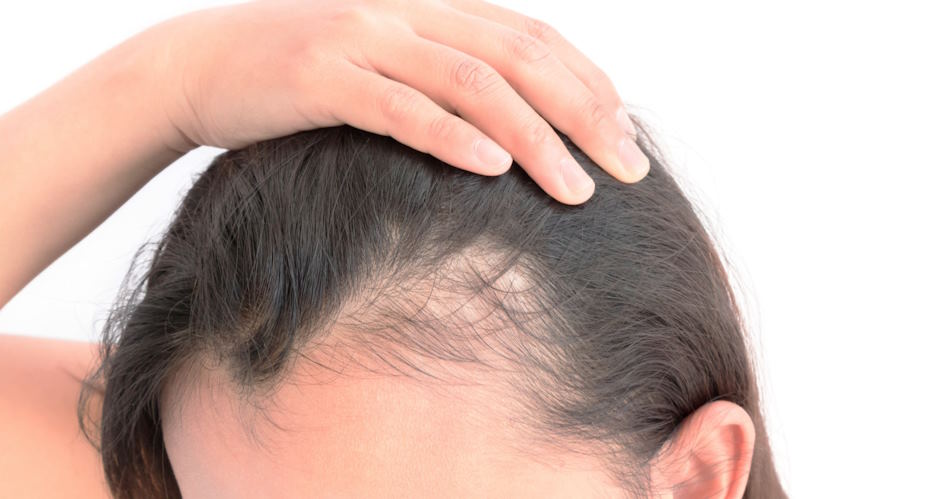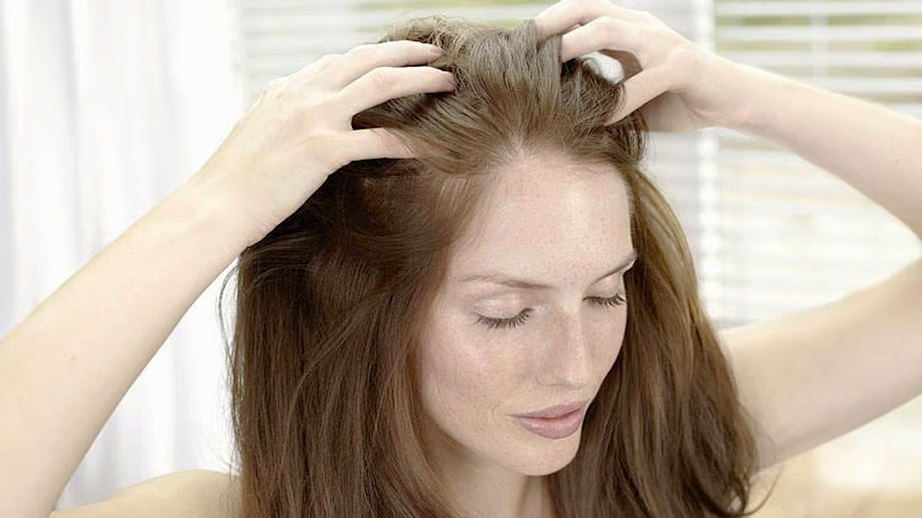Hair loss and thinning hair can be distressing, but the good news is that there are ways to address these issues at their source. Hormonal imbalances are a key factor in many cases of hair loss, affecting individuals across different age groups and genders. By learning more about the connection between hormones and hair loss, you can take proactive steps to stop hair loss and thinning hair, leading to healthier, fuller hair in the long run.
Hormonal Conditions Linked to Hair Loss
Hormones play a crucial role in regulating hair growth, and certain hormonal imbalances can lead to hair loss. Let’s explore some key hormonal conditions associated with hair loss:
Thyroid Disorders
Both hypothyroidism (an underactive thyroid) and hyperthyroidism (an overactive thyroid) can disrupt hair growth. Hypothyroidism slows down metabolism, affecting hair follicles and leading to thinning hair. Hyperthyroidism can accelerate the hair growth cycle, causing hair to shed more quickly than normal.

Polycystic Ovary Syndrome (PCOS)
PCOS is a hormonal disorder in women characterized by elevated levels of androgens. These high levels can disrupt the hair growth cycle and cause male-pattern baldness, such as thinning on the top and front of the scalp. PCOS can also lead to excessive hair growth on the face and body.
Pregnancy and Menopause
Pregnancy brings significant hormonal shifts that can lead to temporary hair loss post-birth. The body transitions back to pre-pregnancy hormone levels, causing hair to shed. Menopause also affects hair health due to decreased estrogen and progesterone levels, which can lead to thinning hair and dryness.

Diagnosis and Treatment of Hormonal Hair Loss
Properly diagnosing and treating hormonal hair loss is crucial for managing the condition and potentially restoring hair growth. Here’s how healthcare professionals approach the process:
Diagnosing Hormonal Hair Loss
- To determine whether hair loss is hormonal, doctors will begin with a thorough medical history and physical examination. They may ask about any changes in hair growth, family history of hair loss, and any accompanying symptoms such as weight gain or irregular periods.
- Next, blood tests are conducted to check hormone levels, including androgens (testosterone and DHT), thyroid hormones, and others such as estrogen and progesterone. This helps pinpoint the underlying hormonal cause.
Treatment Options for Hormonal Hair Loss
- Medications: Topical minoxidil can stimulate hair growth and slow hair loss in both men and women. Anti-androgen medications, such as spironolactone, can help women manage hormonal imbalances that cause hair loss.
- Hormone Therapy: For certain conditions, hormone therapy may be effective. For instance, treating thyroid disorders with hormone replacement therapy can address hair loss.
- Lifestyle Changes and Diet: A balanced diet rich in essential nutrients like vitamins, minerals, and proteins supports healthy hair growth. Managing stress and ensuring adequate sleep are also important for overall hormonal health.
- Hair Restoration Techniques: For more permanent solutions, procedures such as hair transplantation or low-level laser therapy may be options. These techniques can help restore hair density and improve appearance.


